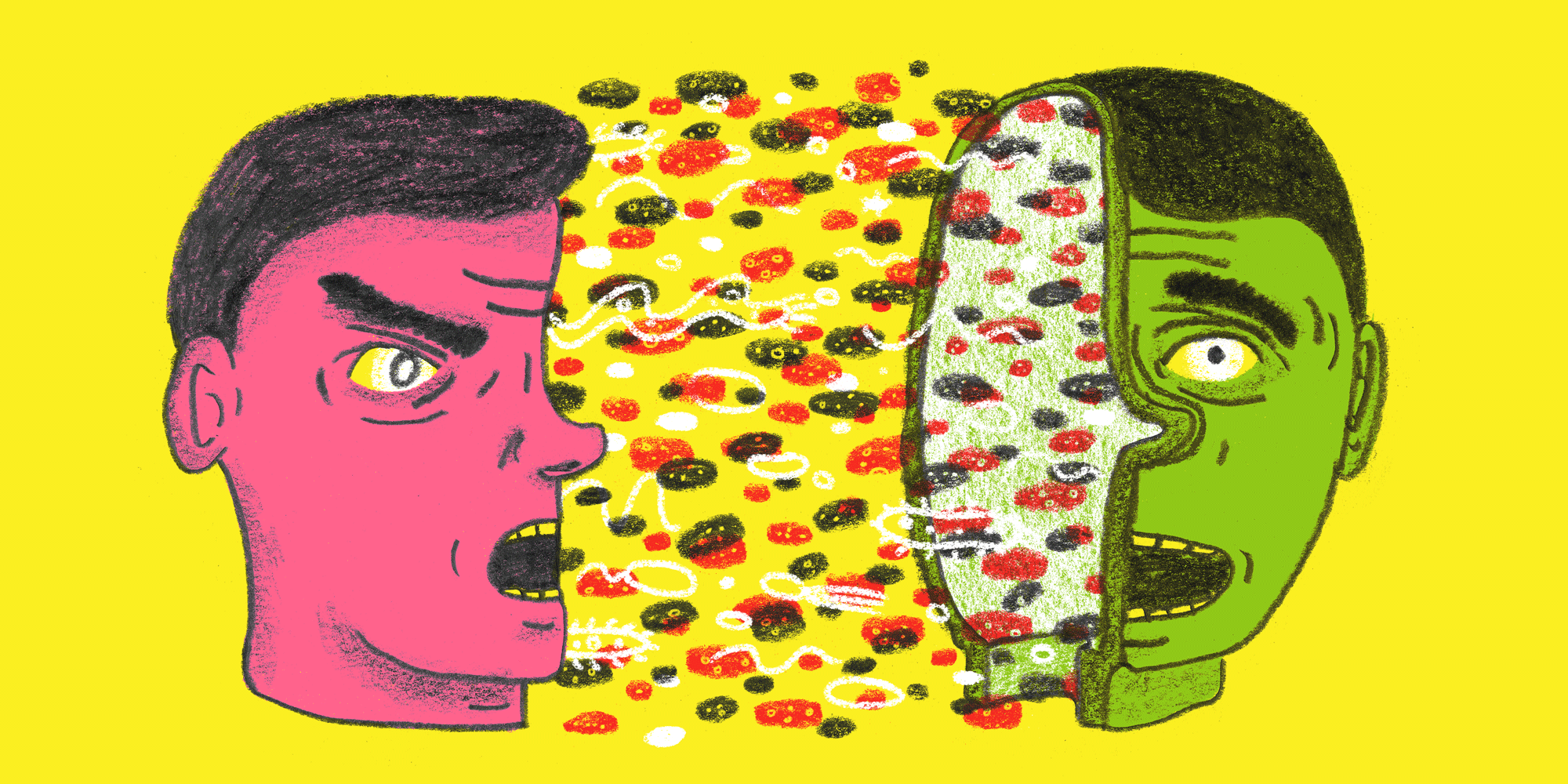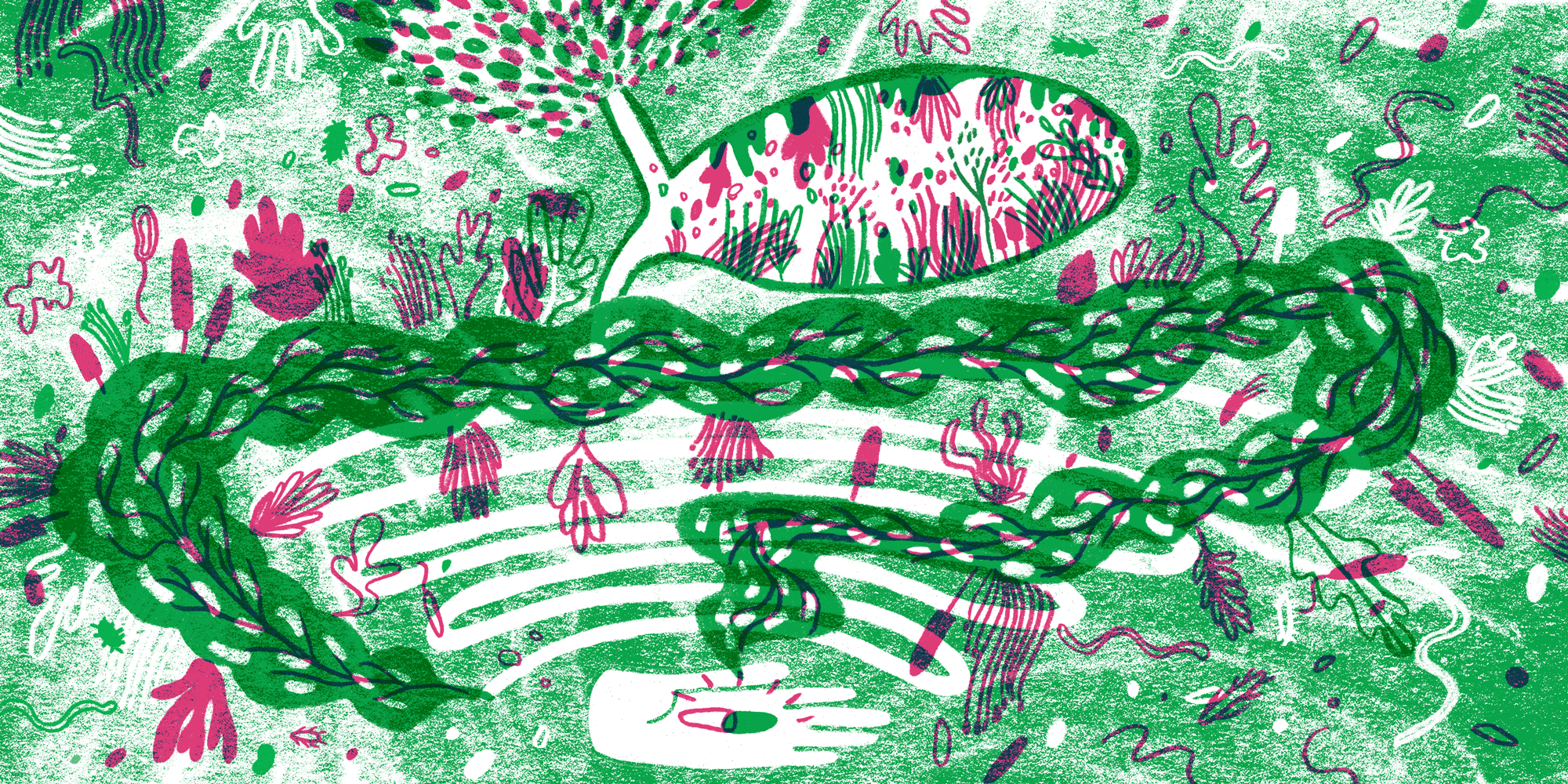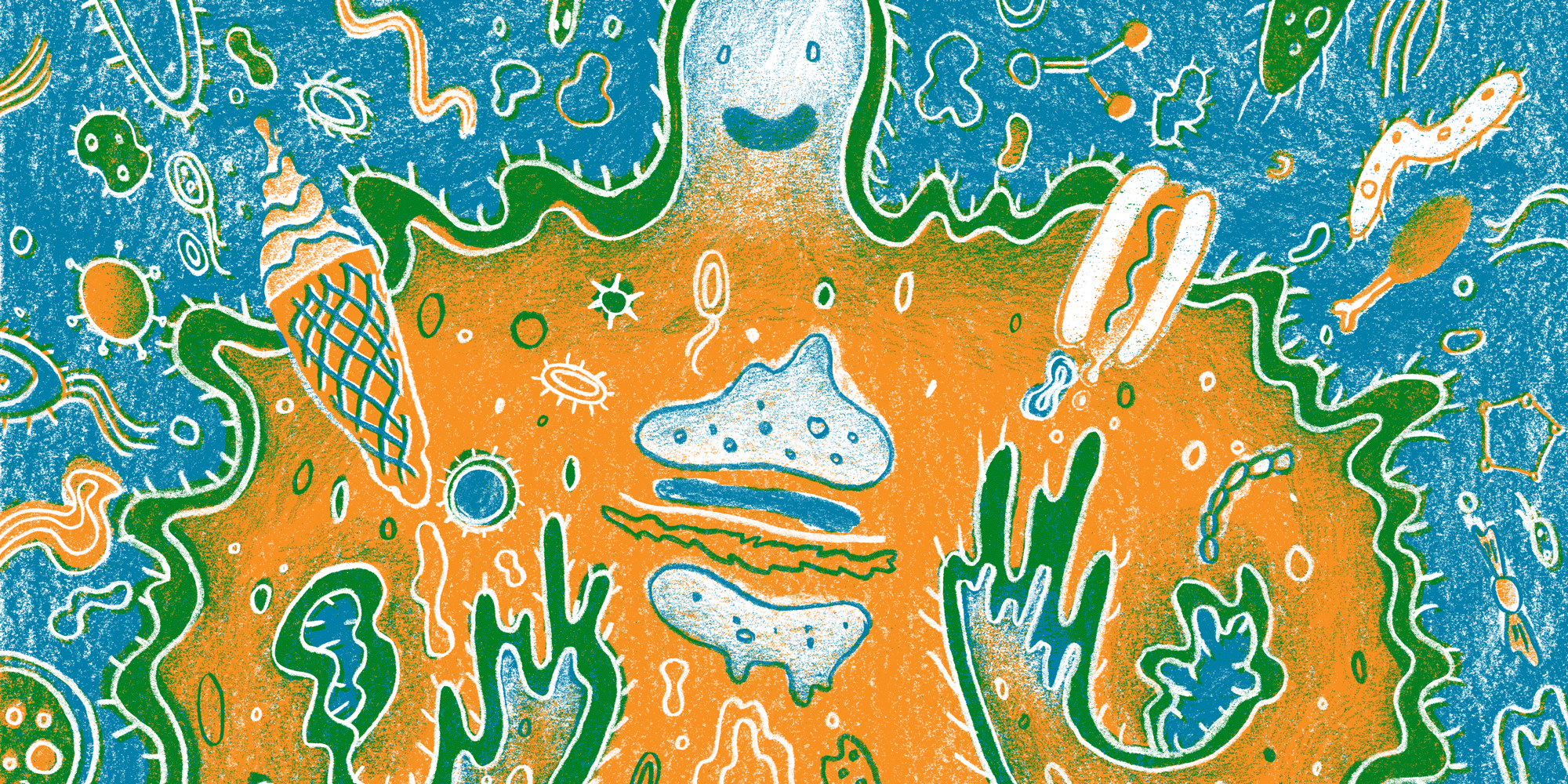Select Peer-Reviewed Manuscripts
You can find my complete list of publications here.
Recent genetic drift in the co-diversified gut bacterial symbionts of laboratory mice.
Home-site advantage for host species–specific gut microbiota.
Widespread extinctions of co-diversified gut bacterial lineages from humans.
Microbiota Assembly, Structure, and Dynamics Among Tsimane Horticulturalists of the Bolivian Amazon.
Role of priority effects in the early-life assembly of the gut microbiota.
* Most Viewed Article of 2018!
No. 1 🏅 Top viewed 2018 Review: #GutMicrobiota assembly early in life. @DanielSprockett, @TadashiFukami & @DavidRelman explore the influence of priority effects wrt microbial species arrival https://t.co/JdIincvws5 pic.twitter.com/5NC6F3D0RU
— NatureRevGastroHep (@NatRevGastroHep) December 30, 2018
The effect of microbial colonization on the host proteome varies by gastrointestinal location.
Scientific Writing for the General Public
Moral enhancements and your micriobiome
 Your stomach bacteria is changing the way you think.
Why the saying “thinking with your gut” is more accurate than you probably realize.
Your stomach bacteria is changing the way you think.
Why the saying “thinking with your gut” is more accurate than you probably realize.
The Microbiome Of Built Environments
 Microbial life is vastly different indoors than out.
Is it time we started designing spaces for microbiology?
Microbial life is vastly different indoors than out.
Is it time we started designing spaces for microbiology?
 The word “probiotic” is as general as the word “drug”, so it kind of depends…
The word “probiotic” is as general as the word “drug”, so it kind of depends…
Do these (microbial) genes make me look fat?
 What germ-free mice can teach us about gut bacteria and weight.
What germ-free mice can teach us about gut bacteria and weight.
Overcoming the threat of scientific illiteracy
 "Americans don’t know much about science, and that is a problem."
"Americans don’t know much about science, and that is a problem."
Bad science pervades the abortion debate
 "Dubbed the “Heartbeat Bill,” H.B. No. 125 would ban abortions as early as 18 days after conception, meaning that a woman’s legal choice to pursue an abortion would effectively be restricted until before the vast majority of women even realize they are pregnant."
"Dubbed the “Heartbeat Bill,” H.B. No. 125 would ban abortions as early as 18 days after conception, meaning that a woman’s legal choice to pursue an abortion would effectively be restricted until before the vast majority of women even realize they are pregnant."
Genetically modified crops have a place in sustainable agriculture
 "Truth be told, humans have been altering the genetic makeup of food for thousands of years. Our modern molecular tools are quite a bit more advanced than those of our ancestors, but the end result is the same."
"Truth be told, humans have been altering the genetic makeup of food for thousands of years. Our modern molecular tools are quite a bit more advanced than those of our ancestors, but the end result is the same."